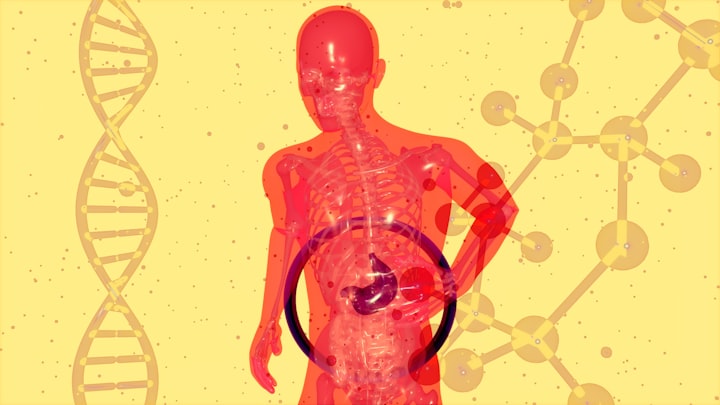Questioning Knowledge: Senses, Illusions, and Epistemology
Exploring the Relationship Between Our Senses, Memories, and Our Understanding of Knowledge

The concept of knowledge is something that has been explored and debated for centuries. We all have different perspectives and ideas about what it means to know something. In this article, we will delve into the relationship between our senses, illusions, memories, and epistemology.
We will begin by examining the very foundation of knowledge and questioning what it means to know something. What is knowledge, and how do we acquire it? Is our perception of the world around us reliable, or is it subject to illusions and distortions?
Senses and Illusions
Our senses play a crucial role in how we perceive the world around us. However, they are not always reliable. This section will explore the different senses and the various illusions that can distort our perceptions.
Our kinesthetic sense is responsible for our sense of movement and position. We will explore how this sense works and how it can be subject to illusions.
Optical illusions are a familiar example of how our visual perception can be easily deceived. We will examine some of the most common optical illusions and explore how they work.
We will explore how our auditory system can be subject to illusions and examine some of the most well-known audio illusions.
Our sense of temperature can also be subject to illusions, and we will look at some examples of how this can happen.
Finally, we will explore how our sense of touch can be subject to illusions and examine some examples of tactile illusions.
Check: Introverts: The Quiet Gift - Embracing Your Strengths in a Noisy World
Epistemology
Epistemology is the study of knowledge and how we acquire it. In this section, we will explore some of the key ideas in epistemology and how they relate to our understanding of knowledge.
We will start by defining what we mean by knowledge and examine some of the different ways in which knowledge can be acquired.
We will examine Plato's theory of knowledge and explore how it differs from other theories of knowledge.
We will explore the idea that just because something is proven, it does not necessarily mean that it is true.
Finally, we will examine the concept of a priori knowledge, which is knowledge that is independent of experience.
Check: The Rise of Aesthetic Subcultures on Social Media and the Problem with Hyper-Consumerism
Memory and Knowledge
Our memories play a crucial role in our understanding of the world around us. In this section, we will examine how memories are stored in the brain and how they relate to our understanding of knowledge.
We will explore where knowledge is located in the brain and examine some of the areas that are most important for storing memories.
We will examine the role of long-term potentiation (LTP) in memory formation and explore how this process relates to our understanding of knowledge.
We will examine the idea that memories are not localized in a single area of the brain but are instead stored all over the brain.
Finally, we will examine the brain's storage capacity and explore how this relates to our ability to acquire and retain knowledge.
Conclusion
This article has explored the relationship between our senses, illusions, memories, and epistemology. We have seen that our perception of the world around us is not always reliable and that our understanding of knowledge is subject to constant questioning and refinement. Despite this, we can still be confident that the world we experience is real, even if our perception of it is sometimes flawed. Through a combination of empirical evidence, logical reasoning, and critical thinking, we can continue to expand our understanding of the world and the nature of knowledge. As we continue to explore these topics, it is important to remain open-minded and willing to revise our beliefs in the face of new evidence and insights. By doing so, we can continue to grow our understanding of the world and our place in it, and better navigate the complex and ever-changing landscape of knowledge and truth.
About the Creator
Izabela Bąk
I'm a passionate business analyst.






Comments
There are no comments for this story
Be the first to respond and start the conversation.